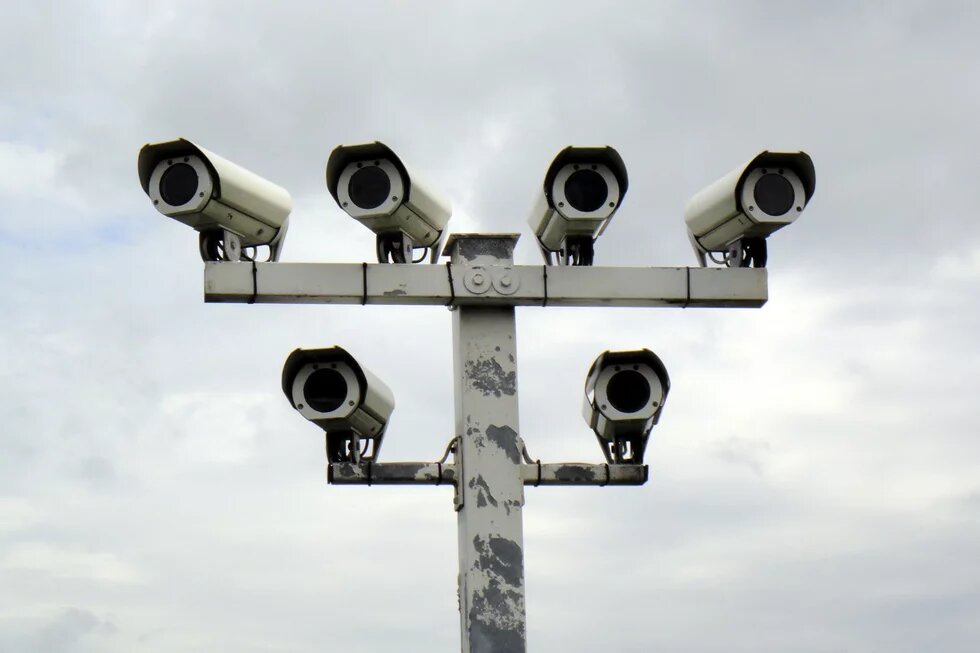
BERLIN – Governments around the world are taking draconian steps to suppress civil-society organizations, with measures ranging from restrictive laws and bureaucratic burdens to smear campaigns, censorship, and outright repression by intelligence agencies or police. Whatever the means, governments are striving to interfere with the work of political, social, and environmental activists to an extent not seen since before communism collapsed in Europe a quarter-century ago.
Of course, governments cite all sorts of reasons, security concerns such as those relating to terrorism now being at the top of the list, to justify the repression of NGOs and other civil society groups. But the reality is that security risks – which may well be genuine – are no excuse for the kind of blanket suspicion that governments are using as a pretext for silencing or prohibiting independent organizations.
This troubling trend does not seem to be a fleeting phenomenon, but a sign of fundamental changes in international geopolitics. Among the most important of these is the growing emphasis on “sovereignty” among emerging economies, from Egypt to Thailand.
Indeed, as part of their claimed desire to protect the nation’s sovereignty, governments in developing and emerging countries now regard cash transfers from rich countries for, say, democratization processes, with far more suspicion than they did in the 1990s. Viewing such aid to local NGOs as undue interference in their affairs, a growing number of governments in the global south want to maintain or recover full control over cash flows from abroad – especially if they are destined for civil-society actors, which, because of their international connections, are viewed as having divided loyalties.
As a result, cash flows and networking among national and international NGOs, foundations, and other external donors are coming under ever stricter scrutiny by governments. Laws that restrict or prohibit the provision of funding to NGOs by external sources are among the most prominent instruments used to monitor or block the work of these groups. Such laws are in place or under consideration in some 50 countries worldwide.
In Russia, for example, 12 foreign NGOs were put on a blacklist last July and threatened with a ban on any further activity in the country. As cooperation with foreign organizations has become potentially punishable by law, Russian civil-society organizations have lost access to their financial lifeblood. In early February, after a fierce debate, Israel's Knesset passed in a first reading a bill stipulating that NGOs that receive more than half of their budget from foreign public institutions must disclose their funding sources.
Governments are also cracking down on popular social movements. In recent years, local-level protests – opposing everything from poor working conditions to illegal logging, land grabs, and environmentally or socially damaging infrastructure projects – have proliferated. With digital technology giving local protesters access to political networks and a broad international audience, governments have come under growing pressure to accede to demonstrators’ demands.
But instead of bowing to popular pressure, the political and economic elites have, in many cases, preferred to crack down on the protests themselves. Moreover, they have implemented repressive media laws that amount to state control of the Internet, which they claim is necessary to preserve stability, fight terrorism, or defend national sovereignty from Western interference.
The denunciation of popular protests is not just the province of autocratic regimes. Even democratic governments – such as those of Australia, Canada, and India – have resorted to claims that protests are externally controlled in order to discredit local resistance to, say, oil pipelines or coal mines that are supposed to generate profits and growth. In all of these cases, the goal is the same: to preserve political power and/or secure the economic interests of those at the top.
There is nothing new about rulers persecuting people who fight for human rights, gender equality, the rule of law, LGBTI rights, and socially and ecologically oriented economic policies. Civil-society actors can and should make their respective governments uncomfortable. They are watchdogs of official policy, drawing attention to unsound developments, initiating and focusing public debate, and offering political and social alternatives. NGOs continue to be called upon in multilateral policy processes, such as helping to implement the United Nations Sustainable Development Goals or guarantee the outcomes of the Paris climate agreement.
The issue of shrinking and closing spaces for civil society must be added to the agenda of national parliaments, multilateral organizations, and international negotiation processes. Freedom of opinion, association, and assembly are the essence of democracy. Efforts to limit such freedoms therefore must be regarded as a challenge to all democratic governments and to global cooperation – and they must be stopped.